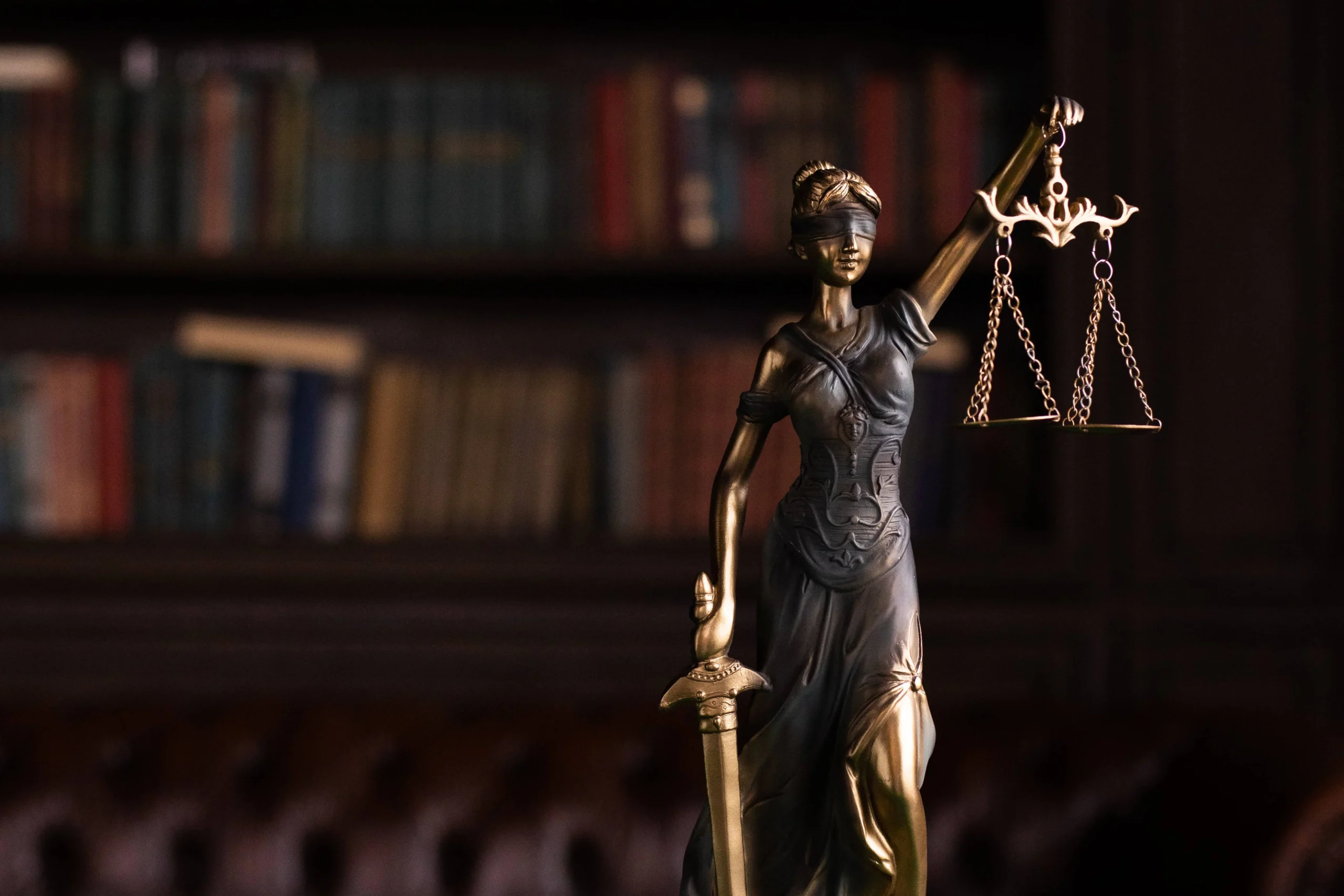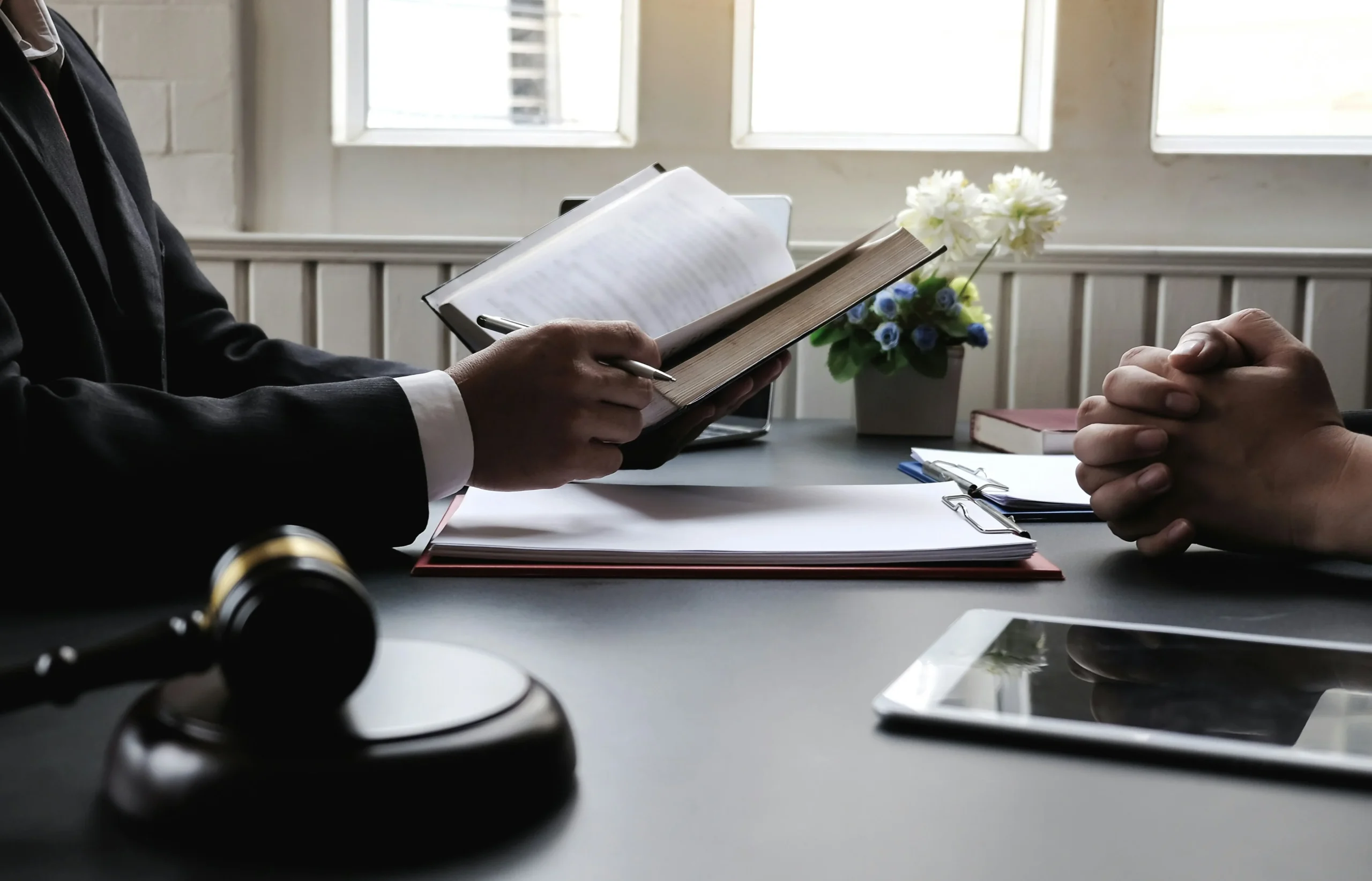In any legal dispute, evidence is everything. You may have the strongest case in principle, but without solid proof, it won’t hold up in court. This is especially true in the UAE legal system, where judges rely heavily on written evidence to make decisions.
Whether you’re preparing to file a lawsuit or defending against one, it’s essential to understand what qualifies as valid evidence in UAE litigation—and what doesn’t.
In this blog, we’ll break down the types of evidence that matter, how UAE courts treat different forms of proof, and the common pitfalls businesses should avoid when building a legal case.
1. Why Evidence Matters So Much in UAE Courts
Unlike courtroom dramas you see on TV, litigation in the UAE is not driven by fiery oral arguments or dramatic witness cross-examinations. Most proceedings are document-based. Judges are looking for clear, organized, and authenticated documents to support each party’s claims.
The UAE’s civil law system puts a strong emphasis on:
- Written contracts
- Official records
- Documentary proof
- Expert reports
The more precise and properly presented your evidence, the better your chances of success.
2. What Counts as Valid Evidence
Here are the main types of evidence accepted and respected in UAE courts:
a. Written Contracts and Agreements
Contracts are the cornerstone of commercial litigation. A well-drafted agreement with clear terms, signatures, and dates is one of the strongest forms of evidence.
To be considered valid:
- It must be signed by both parties.
- If in English, it must be officially translated into Arabic by a certified legal translator.
- Ideally, it should be dated and include specific clauses related to obligations, breach scenarios, and dispute resolution.
Note: Verbal agreements are harder to prove and generally not favored.
b. Invoices, Receipts, and Payment Records
In disputes involving money—such as unpaid invoices or refund claims—proof of payment (or non-payment) is critical.
Useful documents include:
- Stamped invoices
- Signed delivery notes
- Bank transfer receipts
- Payment confirmations
- Ledger or accounting statements
If these are in English or another language, Arabic translations are mandatory for court use.
c. Email and Written Correspondence
Emails can be powerful when used strategically to demonstrate:
- Ongoing communication
- Breach of contract
- Attempts to settle
- Admissions of fault
To be valid:
- The emails should include clear timestamps, sender and recipient details, and be printed as part of an authenticated trail.
- Ideally, your company should have a policy to archive email communications related to key transactions.
WhatsApp messages and other digital chats may also be considered—but courts are stricter in accepting them unless they’re clearly traceable and not tampered with.
d. Expert Reports
In technical or financial disputes—construction defects, valuation disagreements, professional negligence—the court may appoint an independent expert.
The expert’s report can carry significant weight in shaping the final judgment. This makes it crucial to:
- Cooperate fully with court-appointed experts.
- Submit all relevant data, site access, and documentation.
- Challenge biased or inaccurate findings early, with counter-evidence if needed.
e. Official Documents and Government Records
Documents issued by UAE authorities—like trade licenses, property ownership certificates, RERA records, or notary-public authenticated contracts—carry strong evidentiary value.
These documents are:
- Presumed genuine unless proven otherwise.
- Often used to verify company status, ownership, or transaction authenticity.
3. What Doesn’t Count—or Carries Weak Weight
Not all information you bring to court will help your case. Some types of evidence are either inadmissible or weak in the eyes of the court.
a. Verbal Agreements Without Proof
If you agreed on something over the phone or in person, and it was never written down, it’s difficult to prove.
While technically legal, verbal agreements are rarely enforceable unless:
- They were followed up by written correspondence.
- There were witnesses who can verify (but even this is limited).
b. Unofficial Translations
All evidence submitted to UAE courts (except DIFC or ADGM) must be in Arabic. If you submit documents in English without a certified Arabic translation, the court may reject them outright or delay the case.
Unofficial or machine translations are not acceptable.
c. Unauthenticated Digital Screenshots
Screenshots of messages, social media posts, or private apps can be submitted—but only if you can prove they haven’t been tampered with.
To improve credibility:
- Include full conversation threads with timestamps.
- Avoid selective screenshots that could appear biased.
- Get them notarized or digitally authenticated if possible.
Courts prefer emails and documents over fragmented image-based evidence.
d. Emotionally Charged Allegations Without Proof
Litigation is about facts, not feelings. Claims of “being wronged,” “betrayed,” or “mistreated” are only persuasive when supported by evidence.
Judges won’t act on emotion or assumption—they need solid documents.
4. Special Considerations in DIFC and ADGM Courts
If your case falls within the jurisdiction of DIFC or ADGM courts (both common law jurisdictions), there’s more flexibility with:
- Evidence presentation
- Language (English is accepted)
- Witness examination
- Disclosure obligations (closer to UK or US court systems)
Still, documentary evidence remains central, and proper formatting is key.
5. Tips for Building a Strong Evidence File
To strengthen your litigation strategy, follow these best practices:
- Centralize your documentation: Keep all contracts, receipts, and correspondence in one place.
- Maintain a document log: Create a timeline of events with attached supporting evidence.
- Scan and back up physical documents: Especially those signed in hard copy.
- Label everything clearly: Include dates, names, and relevant notes.
- Get legal translation done early: Don’t wait until the last minute—this can delay your case.
Working with a lawyer from the start ensures you collect and present your evidence correctly and persuasively.
6. Evidence in Settlement Negotiations
Even if you’re not going to court, presenting strong evidence can boost your leverage in settlement talks.
When the other side sees that your claims are backed by solid proof, they’re more likely to:
- Accept liability
- Offer fair terms
- Avoid litigation
On the other hand, going into negotiations with vague accusations and little documentation weakens your position.
Final Thoughts
In UAE litigation, evidence makes the case. It’s not about how right you feel or how badly the other side acted—it’s about what you can prove on paper.
To summarize:
- Prioritize written, dated, and signed documents.
- Always have certified Arabic translations ready for court.
- Treat emails, invoices, and contracts like gold—they’re often your strongest weapons.
- Work with your lawyer to ensure everything you submit is credible and admissible.
Whether you’re pursuing or defending a case, understanding what counts as valid evidence can be the difference between winning and walking away empty-handed.






